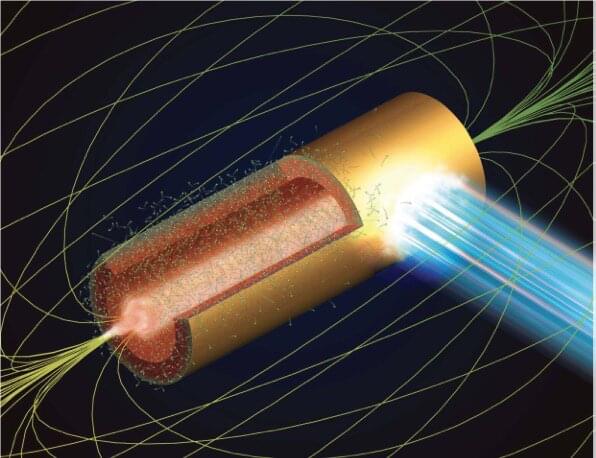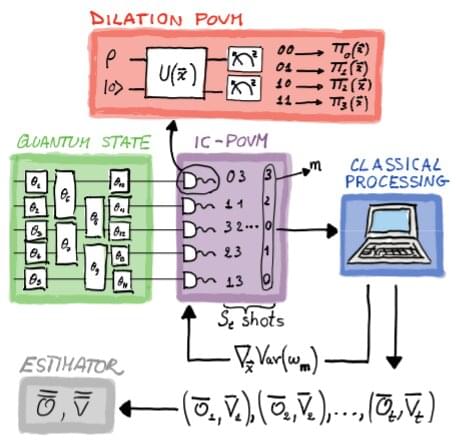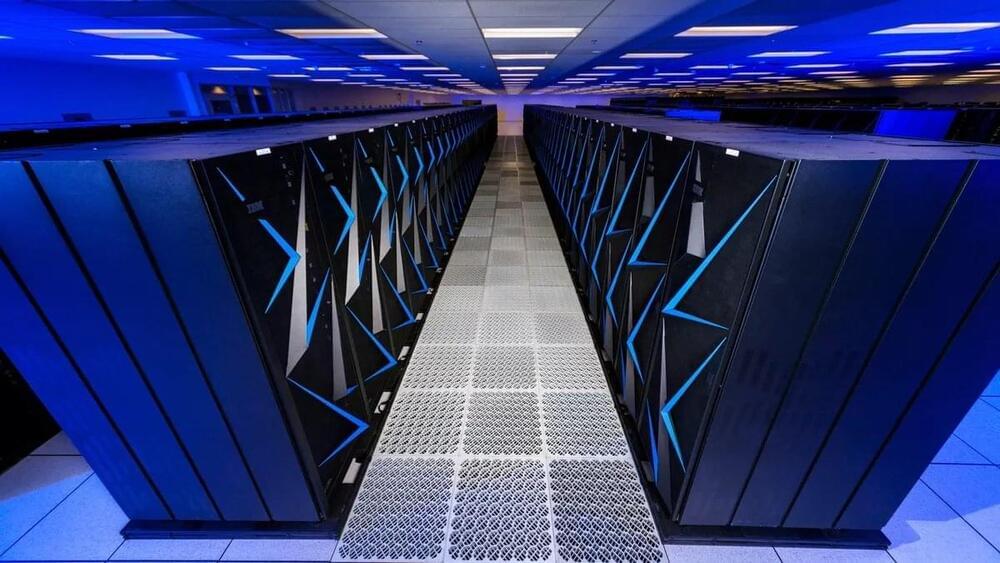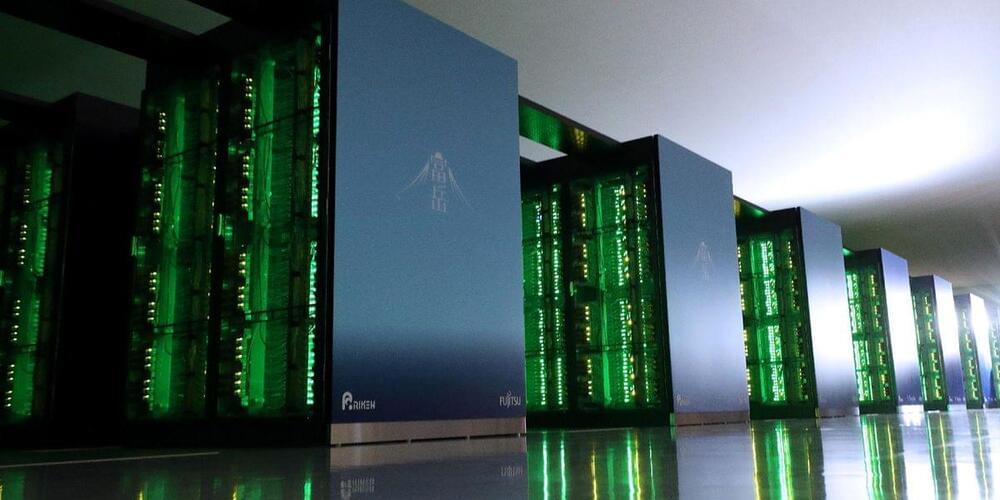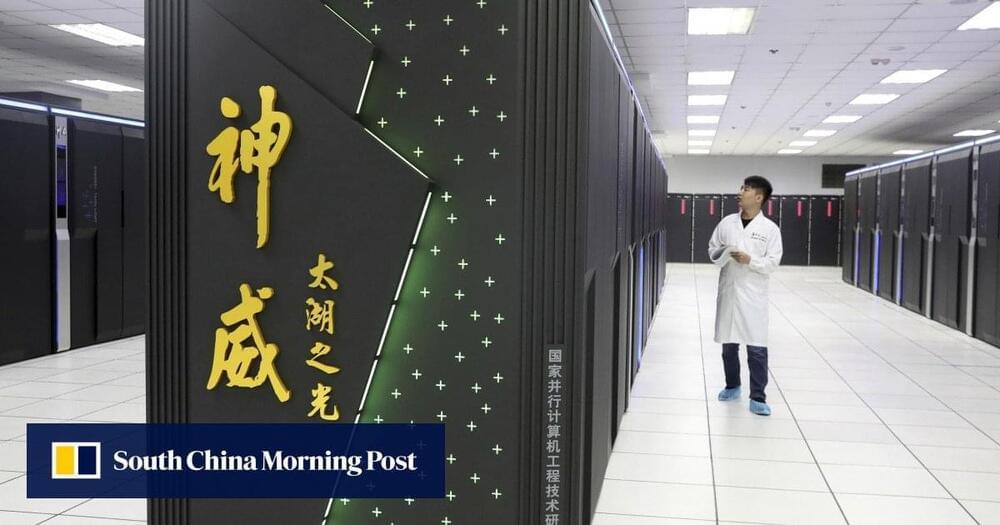✅ Instagram: https://www.instagram.com/pro_robots.
You are on the PRO Robots channel and in this video we invite you to find out what is new with Elon Musk, what has been done and what is yet to come. What are the difficulties with the Starlink project and why the problems with the launch of Starship may lead to the bankruptcy of SpaceX, what is new with Tesla, what new products will please the company next year — and this is not just about electric cars! All this and much more in this issue of news from Elon Musk!
0:00 In this video.
0:22 The reason SpaceX may go bankrupt.
1:39 Starship test.
2:07 24 hours of Starbase SpaceX in Texas.
2:33 SpaceX completes work on orbital launch pad.
3:30 Company outlook.
3:59 Starlink deadline pushed back.
5:00 Blue Origin lost a lawsuit against NASA
5:39 Tesla to begin production in Berlin.
6:15 Cybertruck.
7:01 Starlink terminals.
7:24 SolarCity.
7:47 Tesla Smartphones.
8:28 Tesla Dojo supercomputer.
#prorobots #robots #robot #future technologies #robotics.
More interesting and useful content:
✅ Elon Musk Innovation https://www.youtube.com/playlist?list=PLcyYMmVvkTuQ-8LO6CwGWbSCpWI2jJqCQ
✅Future Technologies Reviews https://www.youtube.com/playlist?list=PLcyYMmVvkTuTgL98RdT8-z-9a2CGeoBQF
✅ Technology news.
https://www.facebook.com/PRO.Robots.Info.
#prorobots #technology #roboticsnews.

